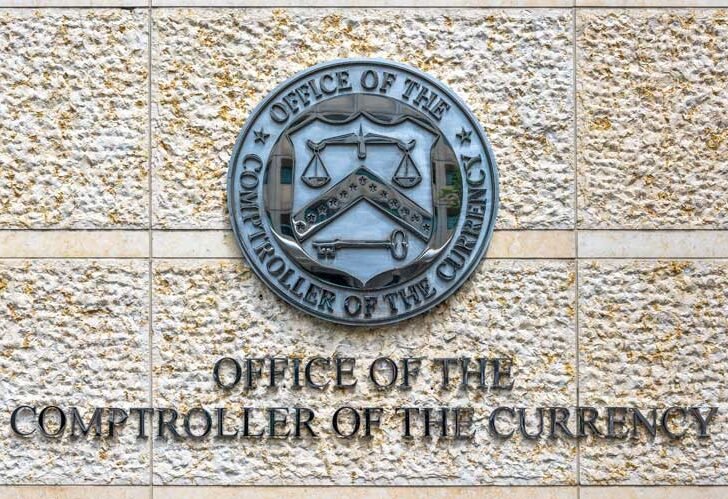The U.S. Office of the Comptroller of the Currency (OCC) hired its first “climate cop” or chief climate risk officer, Dr. Yue (Nina) Chen to manage climate-related financial risks.
OCC is the federal agency overseeing the largest banks in the U.S.
The banking regulator reinforced its commitment to confront risks associated with climate change by appointing Chen.
OCC believes that climate-related financial risks can affect the safety and soundness of banks through physical and transition risks. This may also impact various sectors of the economy as well as access to financial services.
And so, hiring an officer to police the matter is critical to minimize the said risks.
Climate Change and the Banking Sector
Global warming and extreme weather events put more pressure on banks in figuring out how much money to lend to firms. And pricing those loans becomes even more difficult.
Proponents of climate-driven financial oversight say that a catastrophic weather event causing bigger losses to banks is a big issue. It can threaten the stability of the financial system.
The idea to integrate climate-related risks into financial regulation was from Democratic lawmakers. They have been warning others about the dangers of climate change to markets.
In fact, President Joe Biden assembled a team of climate experts inside the White House. And OCC is one of those agencies involved in this matter.
The Climate Cop
OCC is the chief regulator of about 70% of the assets in the U.S. commercial banking system.
The agency’s role is to ensure that national banks and federal savings associations know their climate-related financial risks. And that they create risk management frameworks to measure, track, and control those risks.
The Acting Comptroller Michael Hsu said that the agency will take a two-pronged approach to act on climate change:
- engaging and learning from others
- supporting the development and adoption of effective climate risk management practices at banks
Thus, OCC designated one of its bank supervisors last year to serve as a climate risk officer to urge banks to consider climate risks in their operations.
Dr. Chen’s role is an expansion of that and is crucial in delivering OCC’s functions.
As a climate cop, Chen will oversee the OCC’s new Office of Climate Risk. She will also lead the agency’s climate risk efforts related to supervision, policy, and engagement.
Dr. Chen will focus on developing a new system to assess climate-driven risks to banks. It’s important to figure out how to monitor and manage them.
She will directly report to Hsu. He foretold this move in his speech on the issue.
Hsu said that the appointment of a new climate risk officer will speed up “our internal function into a full-fledged office reporting directly to me”.
He also noted that regulators are starting to consider how testing banks for readiness for climate-related threats could look in the future. He added that:
“With regards to scenario analyses for larger banks, a strong emphasis on diversity of approaches needs to be maintained… With climate-related risks, I believe we are much more exposed to failures of imagination — not asking enough ‘what if?’ questions — than we are to failures of stringency or consistency.”
Dr. Chen’s Background
Dr. Yue Chen has a doctorate in chemical engineering from the Massachusetts Institute of Technology.
She had worked at Goldman Sachs in the Wall Street giant’s asset management business. She was then employed at the Royal Bank of Canada.
OCC’s climate cop is not Chen’s first role as a regulator. She was the executive deputy superintendent in the climate division of New York State’s banking department.
There she “was responsible for integrating climate-related financial risks into supervision of regulated entities,” as per OCC’s statement.
Dr. Chen was also the vice chair of the climate risk steering group at the International Association of Insurance Supervisors.
Under her leadership, the OCC will continue to focus on championing climate risk management frameworks for the federal banking system.

